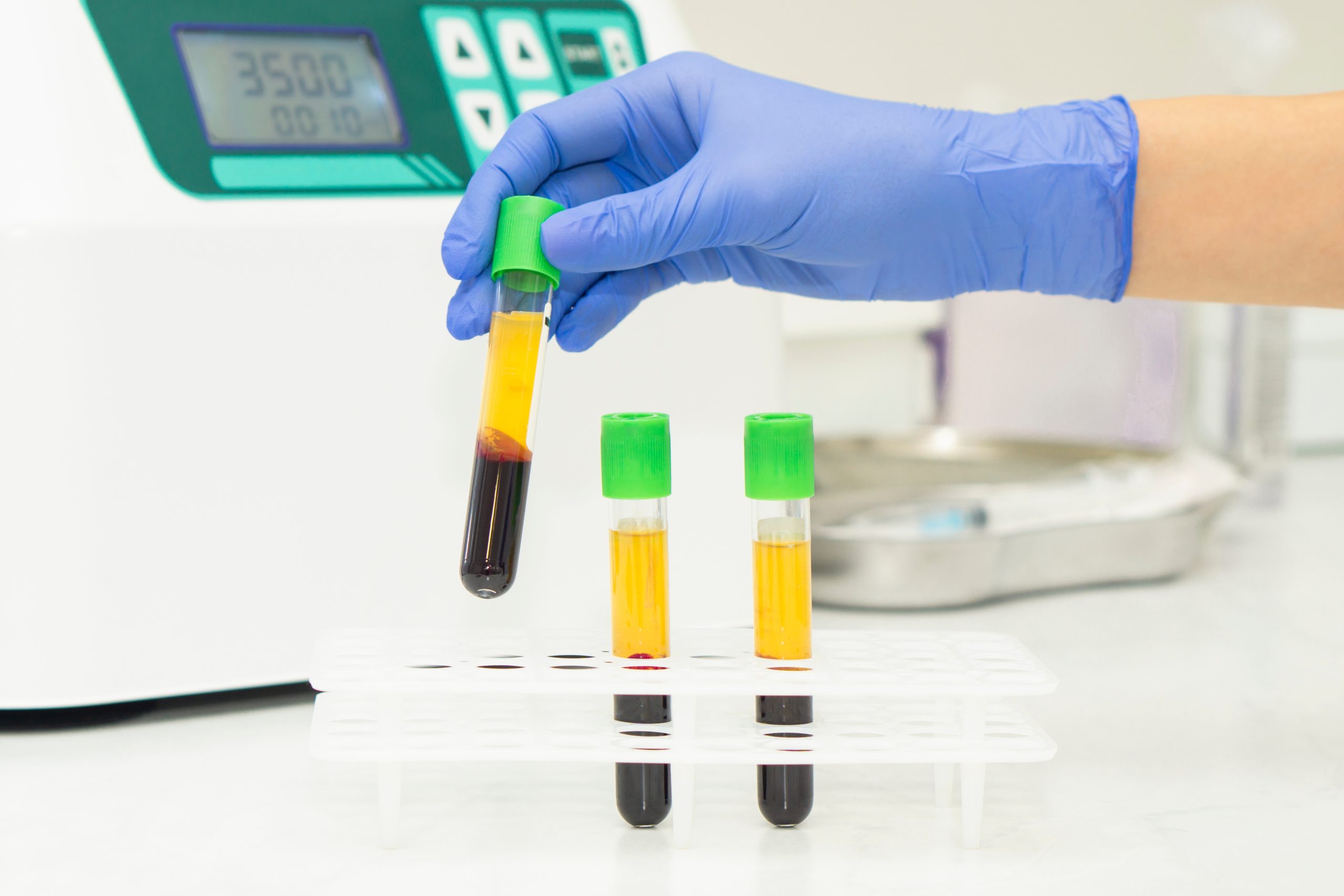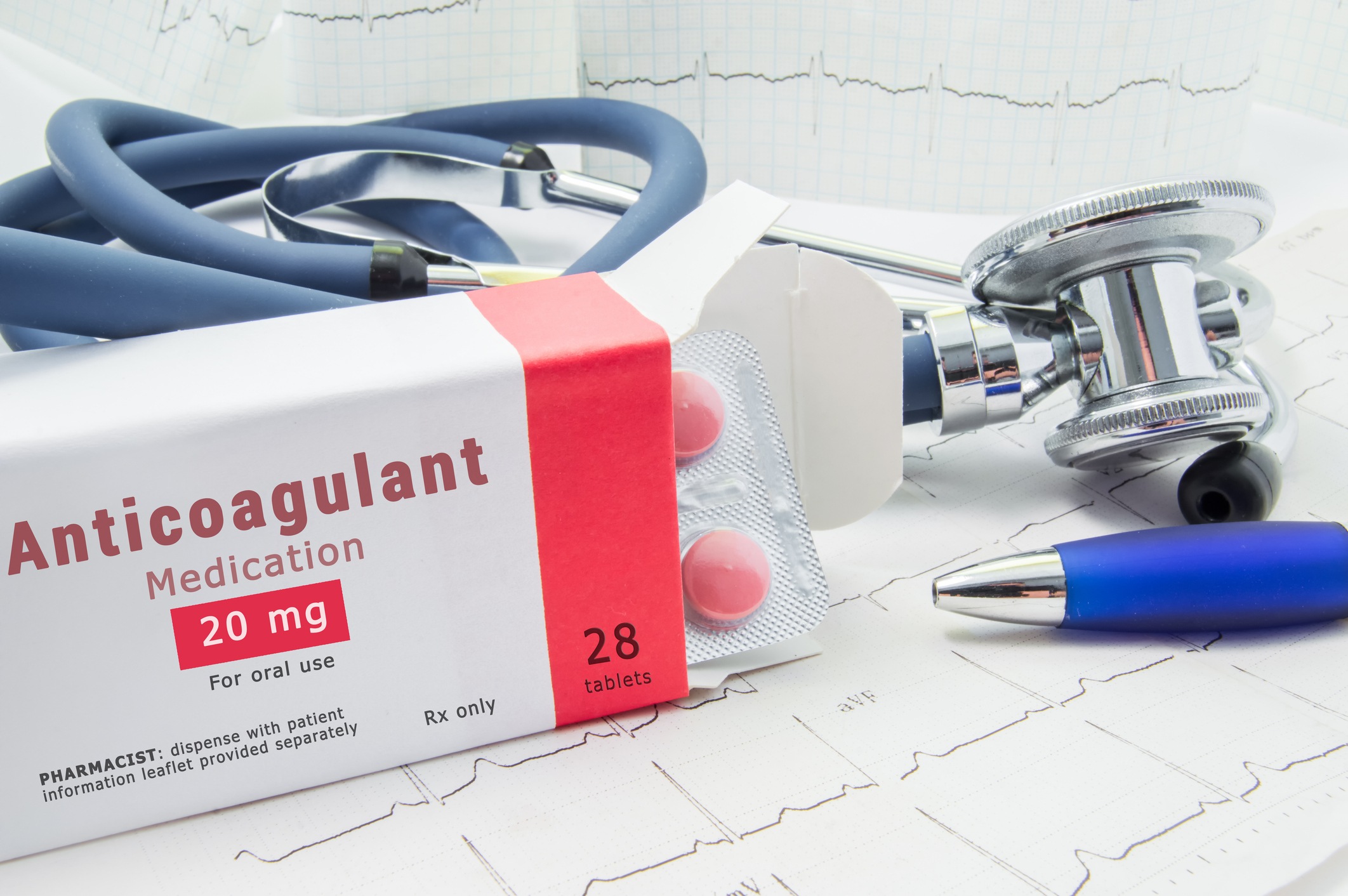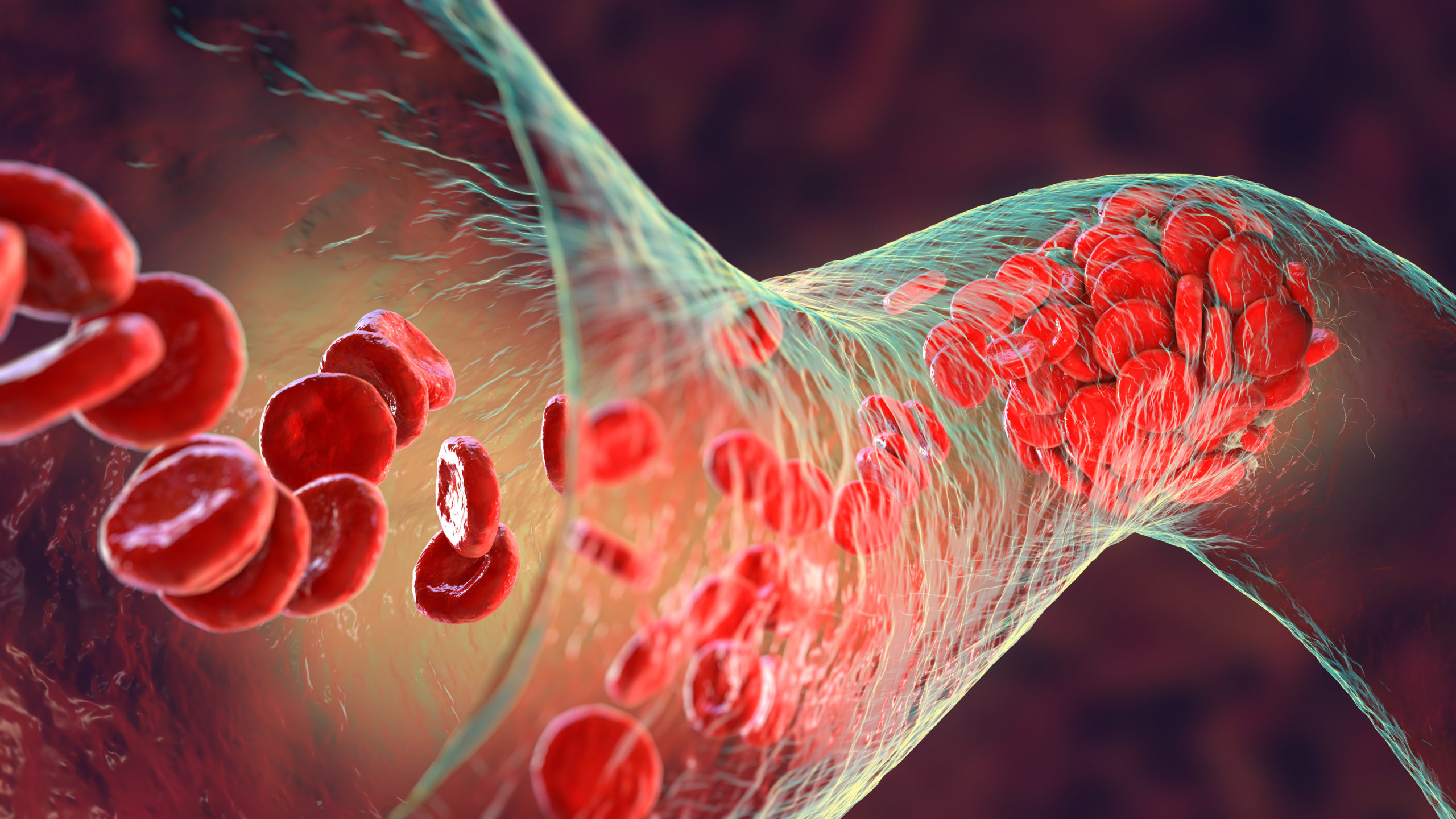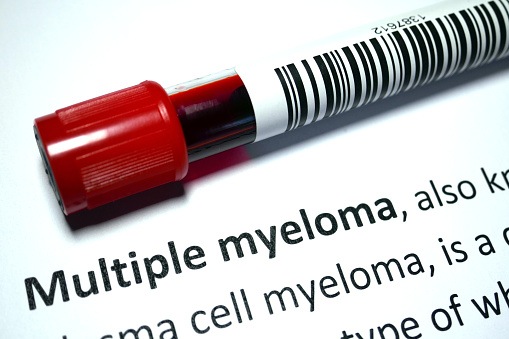
Direct oral anticoagulants (DOACs) showed promise as alternatives to low molecular weight heparin (LMWH) or vitamin K antagonists (VKA) for treatment of cancer associated thrombosis (CAT), although the oral treatment carried an increased risk of non-major bleeding.
Patients with cancer face an increased risk for venous thromboembolism (VTE), including pulmonary embolism (PE) and deep vein thrombosis (DVT) compared to the general population. Standard of care for CAT is LMWH, but this treatment can be challenging in clinical practice due to financial burden, inconvenience, or development of hematoma or scarring at the injection site. DOACs are a desirable alternative for patients who require prolonged anticoagulation.
Researchers from the University of South Florida assessed efficacy and safety of DOACs in patients with CAT through a retrospective meta-analysis of ten randomized clinical trials. All study populations were composed entirely or in part of patients with CAT. Primary efficacy outcome for the analysis was recurrent VTE. Secondary safety outcomes included bleeding, included major and non-major bleeding episodes.
Treatment with DOACs was associated with lower risk of recurrent VTE overall compared to LMWH (relative risk [RR] 0.63 vs. 0.57, respectively), but not compared to VKA (RR 0.69). DOACs also showed no difference in major bleeding risk compared to LMWH (RR 1.31, 95% CI 0.78–2.18, p=0.31). DOACs were associated with higher risk of clinically relevant non-major bleeding (CRNMB) (RR 1.60 95% CI 1.13–2.26; p = 0.008) and all bleeding (RR 1.49; 95% CI 1.10–2.01; p = 0.010) compared to LMWH.
“These results indicate that DOACs are more effective than LMWH for prevention of recurrent VTE with CAT though carry an increased risk for non-major bleeding compared to standard of care, LMWH,” the researchers concluded.
This study was published in Nature.







 © 2025 Mashup Media, LLC, a Formedics Property. All Rights Reserved.
© 2025 Mashup Media, LLC, a Formedics Property. All Rights Reserved.